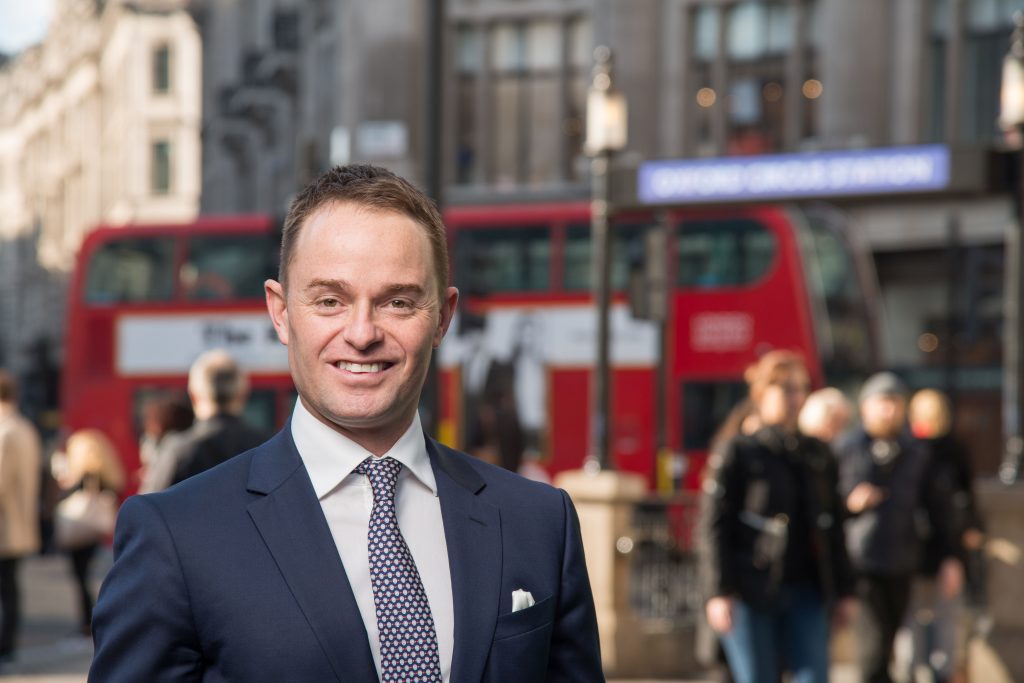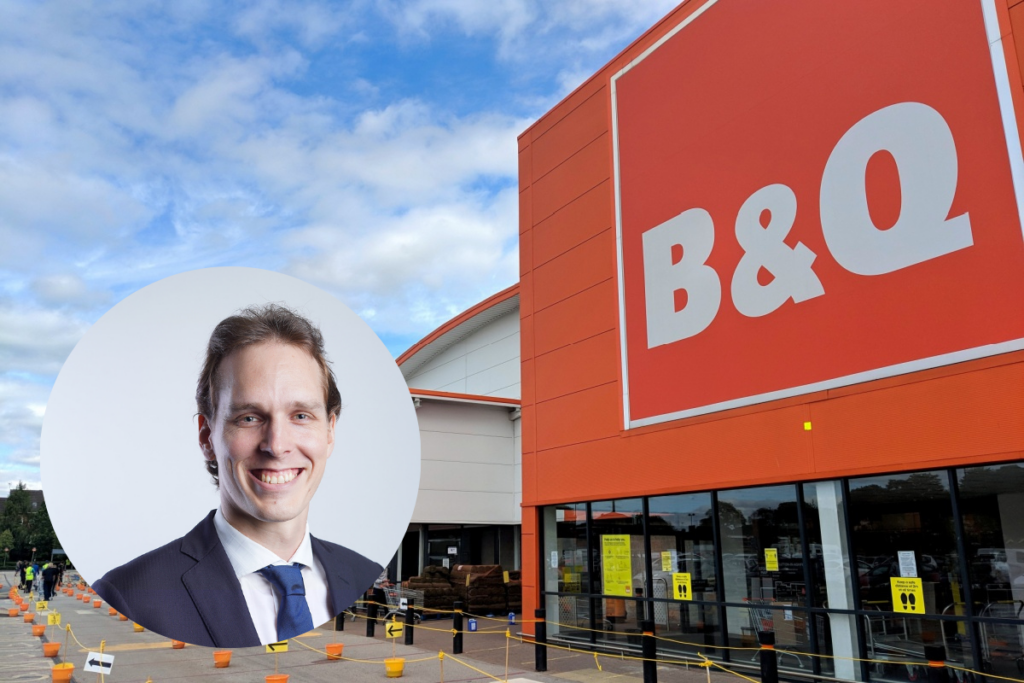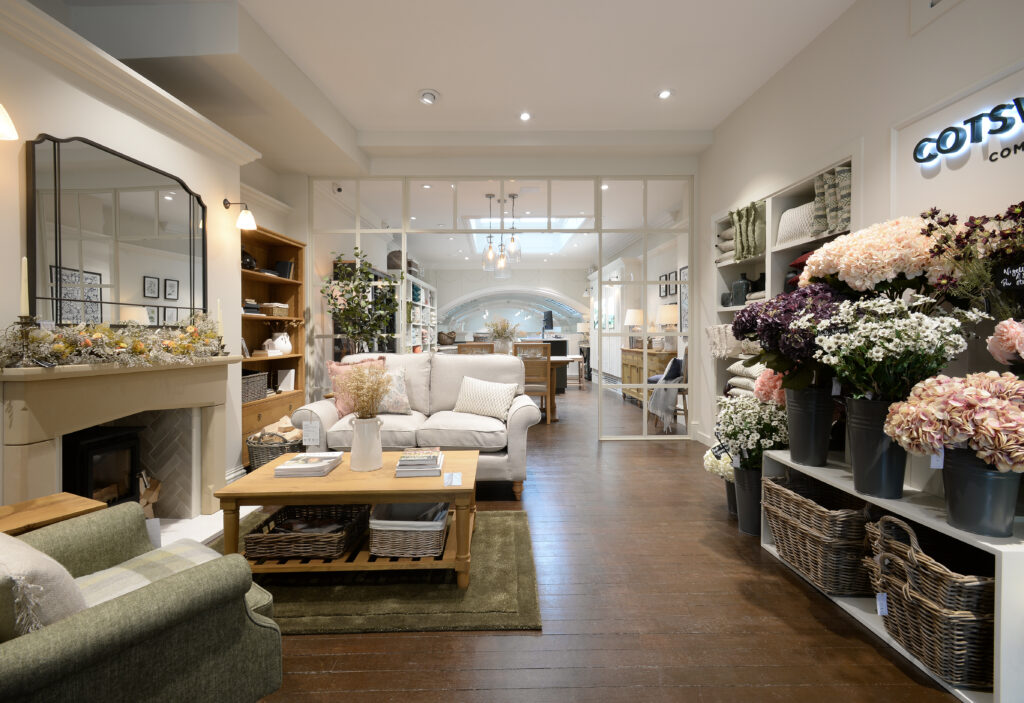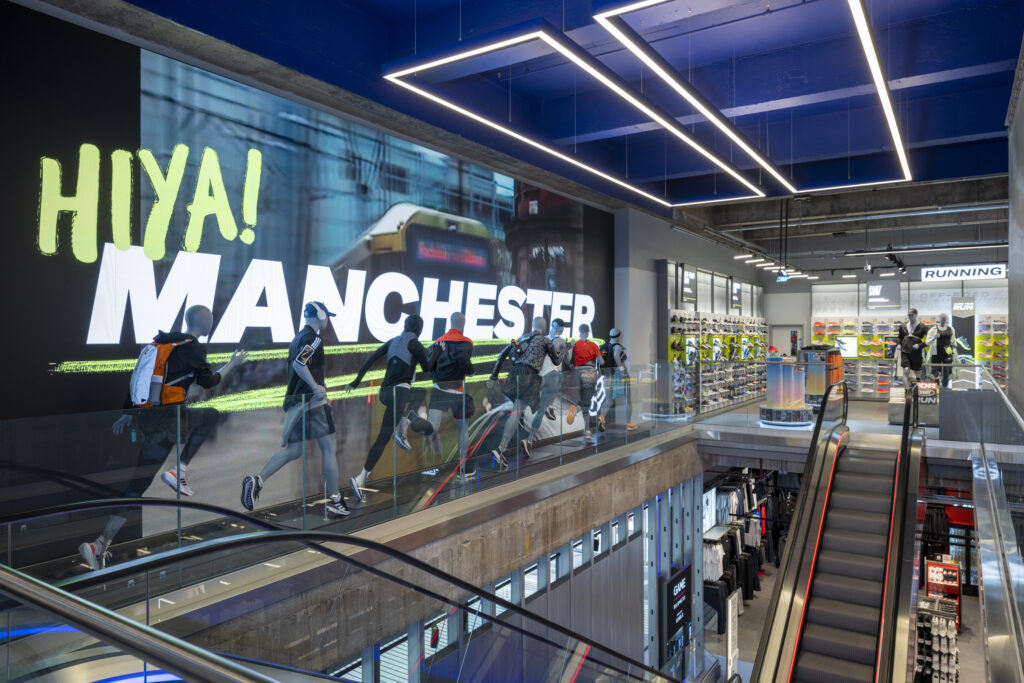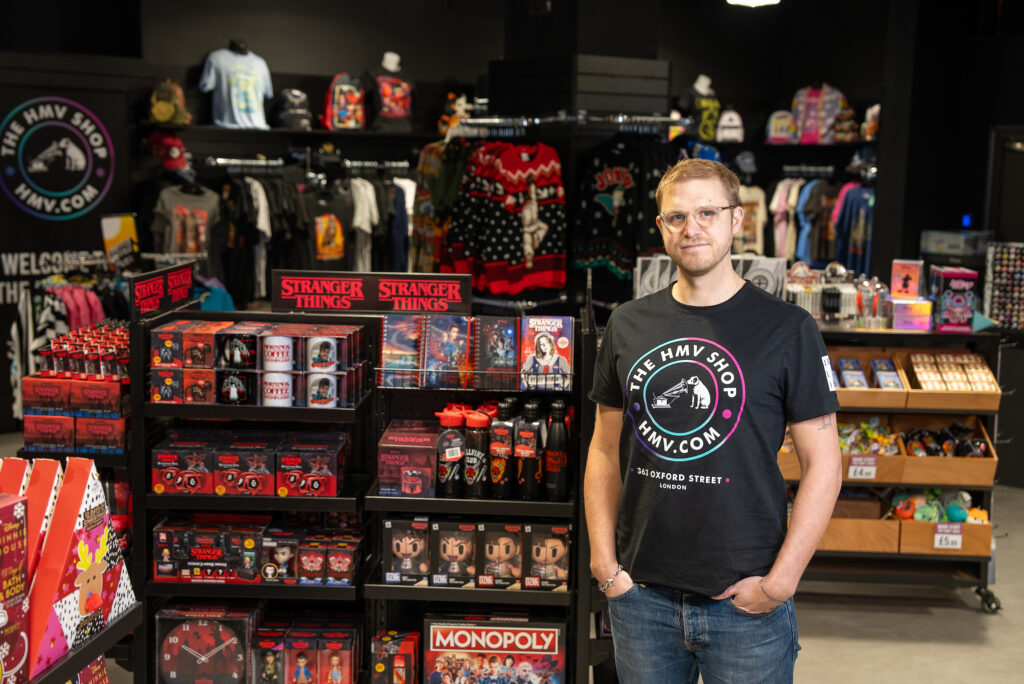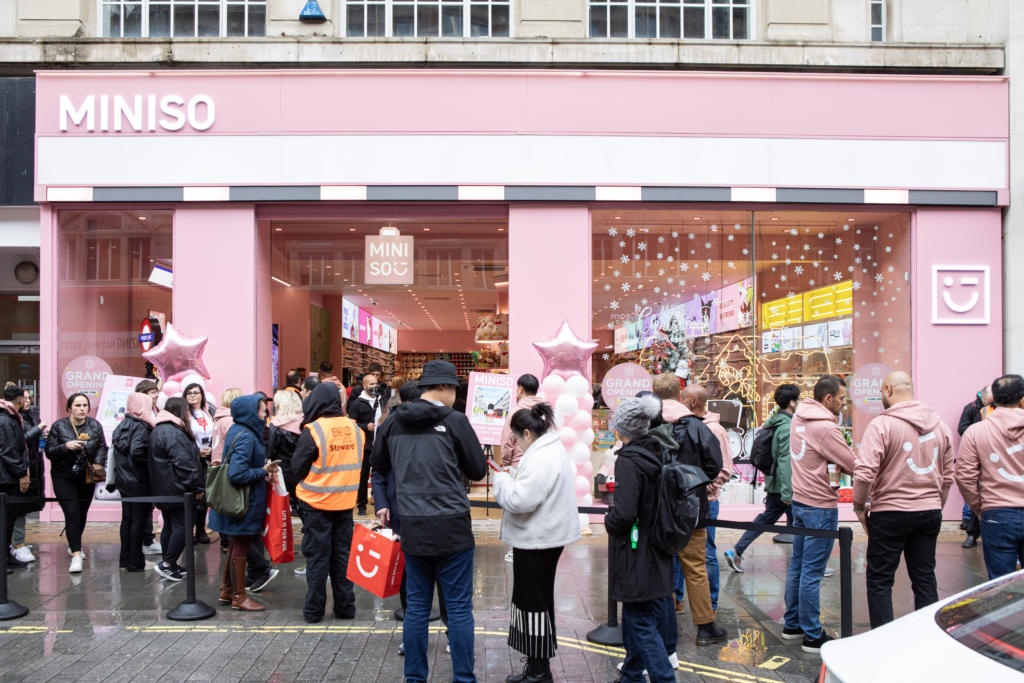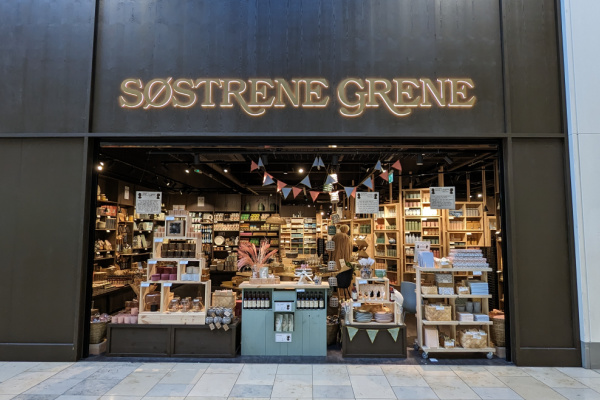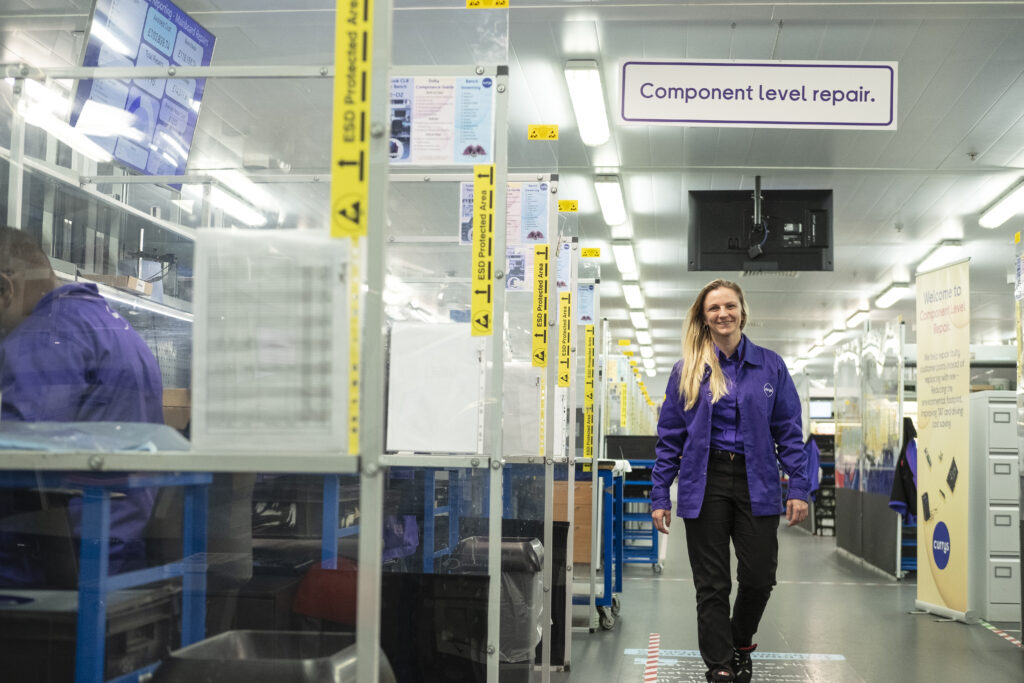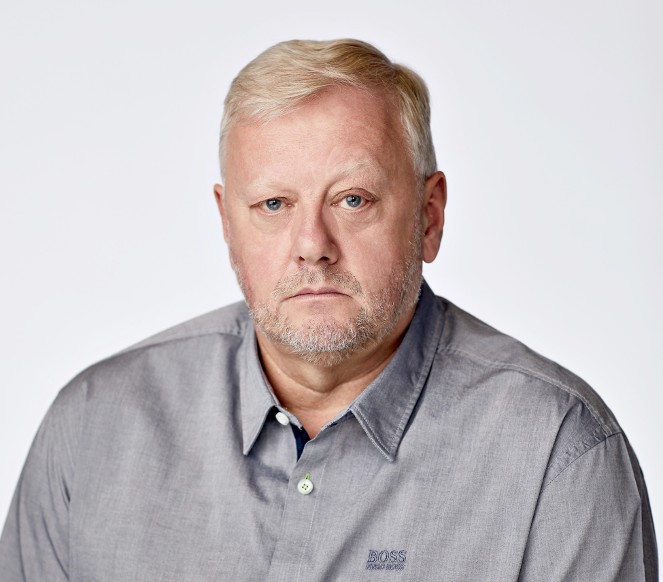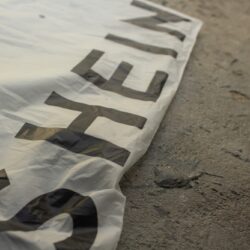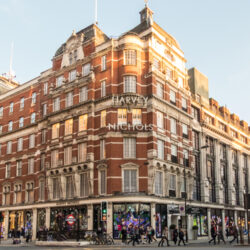The “Golden Triangle”, which New West End Company (NWEC) chief executive Jace Tyrrell joked “is not actually a triangle at all”, contributes around £11 billion to the GDP of the UK.
With the economic scale of a small country, the 25 streets which include London‘s‘ iconic Bond, Oxford and Regent streets have far surpassed most usual shopping centres and instead competes for prestige and influence on a global level.
Despite being regarded as the UK‘s retail capital for decades, the “new West End” has endured fundamental changes over the past few years, and is gearing up for what stands to be the biggest overhaul yet.
Guiding the hundreds of retailers, hotels and restaurants in the area through these changes is the NWEC, a partnership led for the last three years by Tyrrell.
“When I started the first time around 2005 it was completely different. We didn‘t have online, we didn‘t have Facebook and Twitter then,” he said.
“The concept of such a digital revolution in retail and customer wasn‘t even on the horizon then. I remember when I started our biggest threat was Bluewater, how we were going to compete with these mega shopping centres.
“Very quickly we realised, actually our competition was global and not just competing with other retail sectors. We‘re competing as much with Amazon as we are with New York and Paris in terms of location and the offer.”
Not only did the retail landscape transform, but as the partnership grew and developed so did their goals. Their focus evolved from studying their shoppers, to influencing the government to ensure the well-being of their members.
“In the early days our work was really just to try and bring all these interests together and really get to grips with the West End as one coordinated district,” Tyrrell added.
“But actually, what our customers want is a safer environment, they want a cleaner environment.
“We‘re talking a market demographic of perhaps the top one per cent in the world for the shopping in these areas.”
“There was a lot of pressure to deliver that because you have such fragmented ownership across the West End, and lots of different retailers looking at their specific stores, that was really the first few years of the business. Clean, safe and green.
“As we evolved we started looking at the marketing and what the customers wanted, understanding our customer, developing a lot more insight around their shopping habits, how much they spend, what brands they go to.
“The last five years we‘ve been more focused on the lobbying and influencing agenda. Things like Sunday trading, which is a big issue for us.”
As well as pushing hard for reform on Sunday trading legislation, the NWEC has been vocal about the recent business rates reforms, largely because the area was one of the worst hit.
Retailers in the area are estimated to pay an extra £160 million in business rates over the next five years. Recently it was revealed that Bond Street was in danger of losing some of its key high-end retailers including Dolce & Gabbana, Hugo Boss and DKNY, thanks to unsustainable rates.
READ MORE: Bond Street under threat as 1 in 4 retailers consider relocation
Despite many seeking greener (and cheaper) pastures, Tyrrell remained confident that the “churn” of retailers would continue, and that there would always be demand for property. Yet it has forced the company to reconsider how the properties are utilised.
“You have 200 million customers seeing your brand in the West End every year,” he said.
“What is interesting though, is we have to think about the planning policy to support retail.
“Do we need to have these big retail units? Do we need to think about the restaurant and the cultural offer inside the retail units?
“I think that will help some of that issue of churn and demand if we can get a more flexible approach to the buildings and also a bit more growth policy to help our retail environment.”
Despite being hardest hit by the rates reforms, it has also been able roll with the punches and cash in on the drop in the pound, seeing tourists flock to the streets to grab a bargain in one of the world‘s luxury shopping hot-spots.
“The great thing about the West End is it‘s such a mix, we do have the biggest luxury premium brands in the world here. We have Bond Street and Mayfair, we have the galleries and that really high-end offer.
“We‘re talking a market demographic of perhaps the top one per cent in the world for the shopping in these areas.
“But you‘ve equally got Oxford Street and Regent Street as well in-between both the offers, and there‘s a mid-market and entry level with the two biggest Primark stores in the UK book-ending Oxford Street.
“In some ways that does protect us because there is a bit of a mix, and we have a lot of international visitors – 50 per cent of our market are tourists. However, it has been very strong with the weakening of the pound which is great from our perspective.”
Of course, this is not simply a measure of luck, the company and all its retailers understand their new customer base and have leveraged NWEC‘s influence to further encourage this demographic.
“we‘re really focused now on being CROSSRAIL ready as a destination. First, we have to look at … issues like traffic”
“We lobbied very hard to get 10-year visas, rather than apply and say you want to come to the UK, you can now have a 10-year entry visa if you‘re from China,” Tyrrell explained.
“That has within six months increased our Chinese demand for visas by 180 per cent. These are very practical changes that can help with that customer base.
“I think the opportunity with the Elizabeth line, which we‘re doing a big piece of work with over the summer, is to understand that catchment now. Suddenly you‘re within 40 minutes from Reading to get into Bond Street.”
The new Elizabeth tube line – otherwise known as Crossrail – is set to bring a further 60 million people to the area every year. Set to open 500 days from next month, it has pushed the NWEC to find and deliver solutions – especially in regards to handling heavy congestion and traffic in order to keep the area running smoothly.
As Tyrrell stated, time if of the essence.
“What‘s really focusing our mind this year is, like the Olympics, we knew it was coming, we talked about it for a decade, but actually it‘s so around the corner,” he said.
“For our retailers and our hoteliers and out restaurants they really need to think practically about what is the customer opportunity? What sort of operational changes do they need, their trading, their hours of operation?
READ MORE: Sector Wars: Will the luxury sector win the Brexit recession?
“So, we‘re really focused now on being Crossrail ready as a destination. First, we have to look at what we call the well-being or the management issues like traffic.
“There‘s a finite amount of space in the West End. We‘ve got to reduce the amount of traffic we‘ve got to open up these side streets. We‘ve got to make it safer through the air quality that our customers and staff are breathing.
“I have to say Westminster Council with Transport for London are really motoring on with this. They‘ve already committed to reducing 40 per cent of the buses on Oxford Street this year, because of the Elizabeth line.
“And they‘ve just finished a conversation about considerably reducing traffic on Oxford Street and Regent Street as well, and bringing forward things like the ultra-low emission zone which is which ensures all the vehicles in the area will be electric.”
Beyond the short-term pressures, the company has a vision for the future of the Golden Triangle, working on a master plan for the next 20 years that looks at the uses for the area, the kind of streetscape and even the greenery.
“This is a town centre on a global scale,” Tyrell said.
Click here to sign up to Retail Gazette‘s free daily email newsletter

